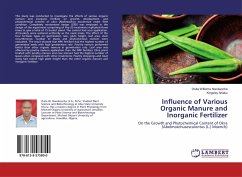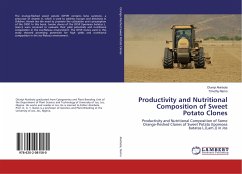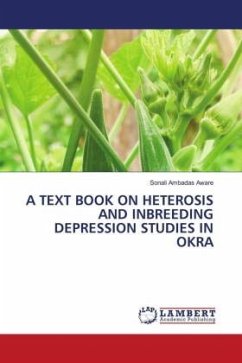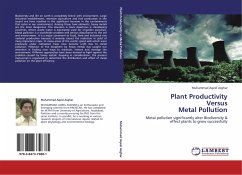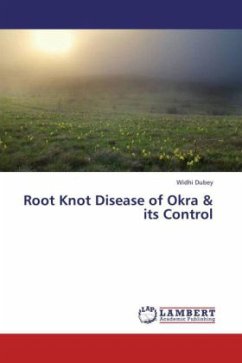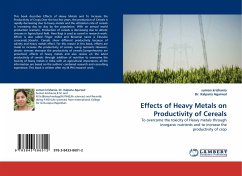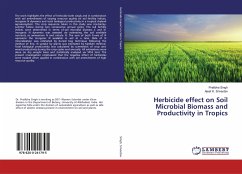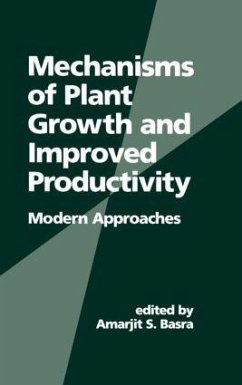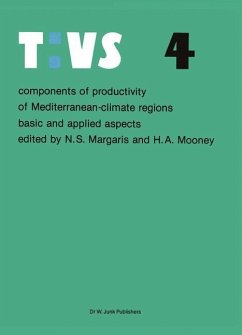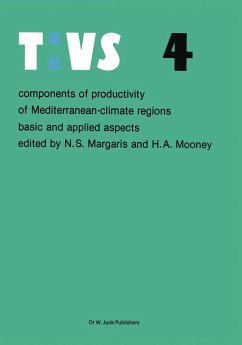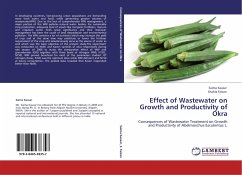
Effect of Wastewater on Growth and Productivity of Okra
Consequences of Wastewater Treatment on Growth and Productivity of Abelmoschus Esculentus L.
Versandkostenfrei!
Versandfertig in 6-10 Tagen
39,99 €
inkl. MwSt.

PAYBACK Punkte
20 °P sammeln!
In developing countries, fast-growing urban populations are demanding more fresh water and food, while generating greater volumes of wastewater(WW). Due to the lack of comprehensive WW management, a major portion of the WW pollutes natural water bodies. For sustainable crop production, adequate level of inputs like inorganic fertilizers, manure and irrigation water finds great significance and their improper management has been the cause of land degradation and environmental pollution. The WW contains a lot of nutrients which may increase the yield of crop and at the same time may substitute o...
In developing countries, fast-growing urban populations are demanding more fresh water and food, while generating greater volumes of wastewater(WW). Due to the lack of comprehensive WW management, a major portion of the WW pollutes natural water bodies. For sustainable crop production, adequate level of inputs like inorganic fertilizers, manure and irrigation water finds great significance and their improper management has been the cause of land degradation and environmental pollution. The WW contains a lot of nutrients which may increase the yield of crop and at the same time may substitute or lower the fertilizer requirement of the crop and simultaneously serve as the source of water as well which was the basic objective of the present study.The experiment was conducted on Nidhi and Kaveri varieties of okra respectively during rabi season of 2008 to study the comparative effect of WW and groundwater (GW) together with three levels of nitrogen (N90, N120,, N150). WW proved beneficial for most of the parameters studied. Of nitrogen doses, N120 was the optimum dose while N90 deficient and N150 at luxury consumption. The pooled data revealed that Kaveri responded better than Nidhi.



